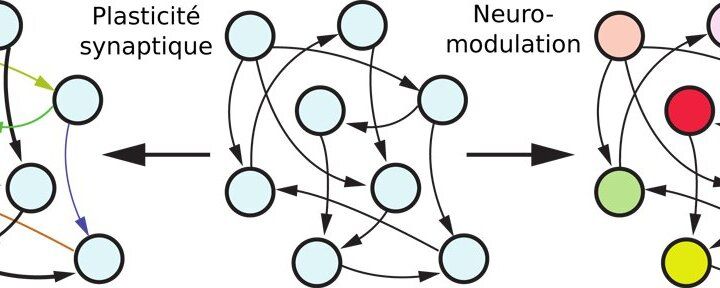Inspired by the functioning of the human brain and based on a biological mechanism called neuromodulation, it allows intelligent agents to adapt to unknown situations.
Artificial Intelligence (AI) has enabled the development of high-performance automatic learning techniques in recent years. However, these techniques are often applied task by task, which implies that an intelligent agent trained for one task will perform poorly on other tasks, even very similar ones. To overcome this problem, researchers at the University of Liège (ULiège) have developed a new algorithm based on a biological mechanism called neuromodulation. This algorithm makes it possible to create intelligent agents capable of performing tasks not encountered during training. This novel and exceptional result is presented this week in the magazine PLOS ONE.
Despite the immense progress in the field of AI in recent years, we are still very far from human intelligence. Indeed, if current AI techniques allow to train computer agents to perform certain tasks better than humans when they are trained specifically for them, the performance of these same agents is often very disappointing when they are put in conditions (even slightly) different from those experienced during training.
